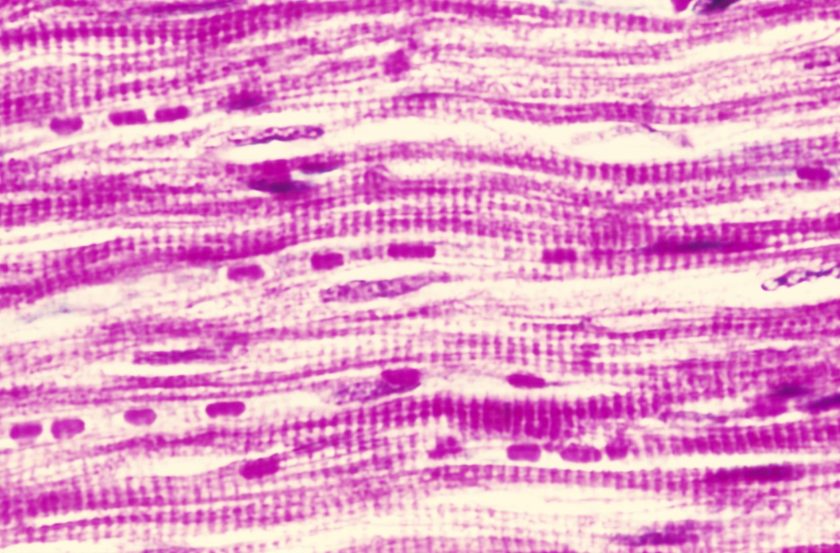
Scientists studying regenerative medicine have been stumped when it comes to lab-grown human hearts, but a new discovery could quicken their pulses.
Cells of the heart muscles themselves have previously been grown, but researchers have had trouble growing the cells long enough for them to be useful.
Now, Chulan Kwon, a professor at the Johns Hopkins School of Medicine, think he’s found the “magic juice” to grow the cells: Newborn rats.
When the immature heart cells are injected into the hearts of the baby rodents, the cells keep pace with the rats’ growth cycle and fully develop.
Dr. David Kass, a Hopkins professor and cardiologist who co-authored the study, believes the newborn rats act as organic incubators for the young heart cells. “The biological environment gives you whatever the magic juice is,” Kass said in a statement published on Medical Xpress.
Rats have a faster life cycle than humans, so researchers think this might help the young cells grow faster. However, they’re still not sure as to the exact biological cues that cause the cells to mature faster.
The next step is pinpoint those cues, so the cells can be grown in a petri dish.
—RealClearLife
This article was featured in the InsideHook newsletter. Sign up now.